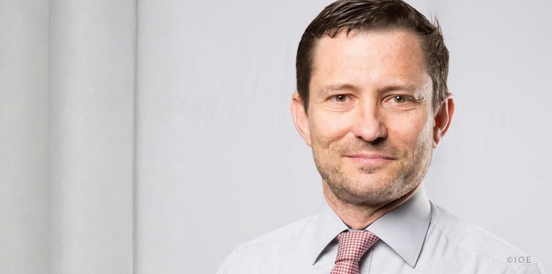Shaping Inclusive Economic Growth: Policy Dialogue at the World Summit for Social Development

BDA AGENDA 23/25 | COMMENTARY OF THE WEEK | November 13, 2025
By Roberto Suárez Santos, Secretary General of the International Organisation of Employers (IOE)
Shaping Inclusive Economic Growth: Policy Dialogue at the World Summit for Social Development
From 3–6 November, policymakers, development experts, and business leaders gathered in Doha, Qatar, for the World Summit for Social Development — a global forum dedicated to advancing inclusive, sustainable, and people-centred growth.
A global conversation on social progress
The UN Summit provided a platform for governments and social partners to exchange views on aligning economic and social policies. Discussions focused on how productivity and decent work can reinforce each other and how societies can transition from informal to formal employment — a challenge affecting millions worldwide. Delegates emphasised that robust, well-governed social protection systems are essential to build resilience, reduce vulnerability, and provide stability for workers and employers alike.
Technology and human-centred growth
Another key theme was technological transformation, particularly the growing role of Artificial Intelligence (AI) in economies and workplaces. Participants acknowledged AI’s potential to boost efficiency and innovation but stressed that clear governance frameworks are critical to ensure progress remains human-centred. Managing these transitions will require strong cooperation between public and private actors so that innovation supports productivity and social development rather than undermining it.
The private sector perspective
The International Organisation of Employers (IOE) joined over 20 delegates from its global network to share business insights on formalisation, skills development, and sustainable business models. In partnership with UN DESA and the UN Global Compact, IOE co-hosted the Private Sector Forum — a space for dialogue between employers, policymakers, and UN bodies. Discussions focused on creating enabling environments for sustainable growth and job creation as the most effective paths to inclusive social development. During the event, IOE and the UN Global Compact issued a Joint Communiqué reaffirming the importance of sustainable enterprises and calling for closer public–private cooperation on skills, equality, and social protection.
Policy outcomes and shared commitments
The Summit concluded with the adoption of the Doha Declaration — a shared political commitment to reduce poverty, create decent work, expand social protection, and combat discrimination. Governments agreed to review progress every five years, ensuring accountability and continued dialogue on implementing these priorities.
Public–private collaboration: a cornerstone for progress
The discussions in Doha underscored a growing consensus: sustainable social progress depends on collaboration between governments and businesses. Public policy provides stability, education, and opportunity, while enterprises create jobs, drive innovation, and foster productivity. Both sides must work hand in hand. Policymakers rely on private-sector insights to design practical measures, and businesses need coherent, predictable policy environments to invest confidently and operate responsibly.
Skills development emerged as a key shared priority, alongside recognition that inclusive growth is not only socially desirable but economically sound. Cohesive societies are more stable, adaptable, and attractive for investment. Ultimately, the Summit highlighted that when economic and social goals align, everyone benefits. The Doha Declaration envisions balanced, sustainable development — achievable only through strong public–private partnerships.







